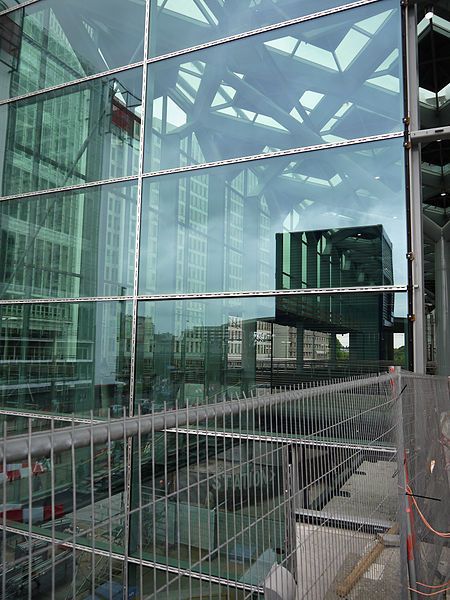Excessive heat loss and gain through windows are thought to be
responsible for 4 % of Europe's total energy consumption. If the heat-
and light-filtering properties of windows can be dynamically controlled,
energy costs could be significantly reduced.
With this in mind, the EU-funded
SOLARGAIN (Low-cost switchable reflective polymeric solar heat gain control films for energy-efficient smart-window applications) project aimed to develop the materials and production processes required for such smart windows. Overall, the aim was to create a polymer window film that allows energy savings by controlling heat loss and gain.
Project partners developed a switchable and fully adjustable polymer window film that provides protection against heat radiation from sunlight and heat energy loss from radiation through windows in heated buildings. By controlling heat loss and gain, the technology allows an energy saving of up to 70 %. In summer, it protects from excessive sun radiation, thus saving on air conditioning costs. In winter, it maximises the penetration of sun heat radiation to save on heating costs. By regulating or adjusting the reflection of infrared sun radiation energy, the solution shields two-thirds of the sun’s radiation energy in summer and contains two-thirds of the internal heat energy in winter.
The SOLARGAIN team created a model to evaluate the cost effectiveness of the window film and then compared it with non-switchable films. Results show that SOLARGAIN films are more cost efficient than non-switchable films and have a higher return on investment.
SOLARGAIN has made exciting advances towards implementing dynamic polymer films for smart windows, and is currently looking into commercial exploitation. This pioneering technology could have a major impact on building designs that favour energy-efficient solutions.
